How should we deal with historical shame?
February 15, 2018
Poland’s president Andrzej Duda said on Feb. 6 that he would sign a law making it illegal to accuse Poland of taking part in the Holocaust and other Nazi monstrosities. Naturally, this has left parts of the world reeling. Many feel that this law would limit free speech, as well as increase anti-semitic views and Holocaust denial.
“It is a sign of a deterioration in the capacity to talk, and the ability to talk is the essence of democracy. If you cannot talk, you cannot reach an agreement; you can only force a solution. The erosion of language is the erosion of democracy and the path to violence,” professor of history Dariusz Stola, director of the POLIN Museum of Polish Jews, said.
This raises the question: how should we deal with historical shame?
Sadly, there are precedents for this. Turkey has consistently and vehemently denied the occurrence of the Armenian Genocide, often called the Armenian Holocaust of 1915. The Turkish government’s formal stance is that the vast number of Armenian deaths cannot be considered genocide, with justifications including that the killings weren’t systematically orchestrated, or that Armenians starved to death, and more.
Turkey has a reputation for causing controversy regarding its constant denial. For example, the government established Article 301 of the Turkish Penal Code in 2005, prohibiting “insulting the Turkish nation”; punishment can include imprisonment for denigrating the country. This sparks freedom of speech arguments similar to the current protests in Poland and its new law, where we have seen the steady erosion of civil rights.
However, it doesn’t have to be this way. Since World War II, Germany has used the key term Vergangenheitsbewältigung, which translates to “coping with the past,” as a way to discuss and confront its past. Immediately post-war, East Germany didn’t accept responsibility for the Holocaust and Nazi actions and said it was a result of Western capitalism. West Germany didn’t deny culpability but still struggled with memorialization of the Holocaust and the denazification process.
Since the German reunification of 1989, Germany has done much more to come to terms with its past and the atrocities that much of the country committed, directly or indirectly. Jan. 27 has been named Holocaust Memorial Day, which was a push first started by Germany and later recognized by the UN, and the Memorial to the Murdered Jews of Europe was inaugurated in Berlin in 2005. In Hamburg and other cities, there are plaques and dedicated cobblestones in front of every house where Jews lived during the War, quite literally setting these memories in stone. These are just a few examples of how Germany has tried to come to terms with their historical shame.
More recently and closer to home, MIT professor of history Dr. Craig Steven Wilder has started a discussion and research on how the growth of American colleges is intertwined with the history of slavery during the Civil War era. Wilder and his research team have found that MIT engineers, who were in charge of rebuilding railroads in the South, relied heavily on slave labor. Furthermore, before William Barton Rogers moved to Boston to found MIT, he and his wife had six slaves.
“I am certain that we have nothing to fear from examining our past; understanding it better can only make us wiser. I have already learned a great deal from listening to other people’s perspectives on the findings, and I look forward to our reflecting on this new knowledge as a community,” MIT President L. Rafael Reif said, after hearing a range of reactions from the campus and surrounding community.
I think this is a prime example of how we can and should deal with historical shame. Instead of silencing and trying to forget the past, we should confront it, and have open, progressive conversations without fear. We can’t change the past; we can only learn from it.
Instead of criminalizing the discussion of the Holocaust and the war crimes Poland took part in during the second World War, the government should try to make a safe space for public debate, where all can participate without the fear of being reprimanded for expressing a belief that might taint the state’s reputation. Otherwise, we as a global community will be consistently stuck in the past while ignorant of it, doomed to have history repeat itself.

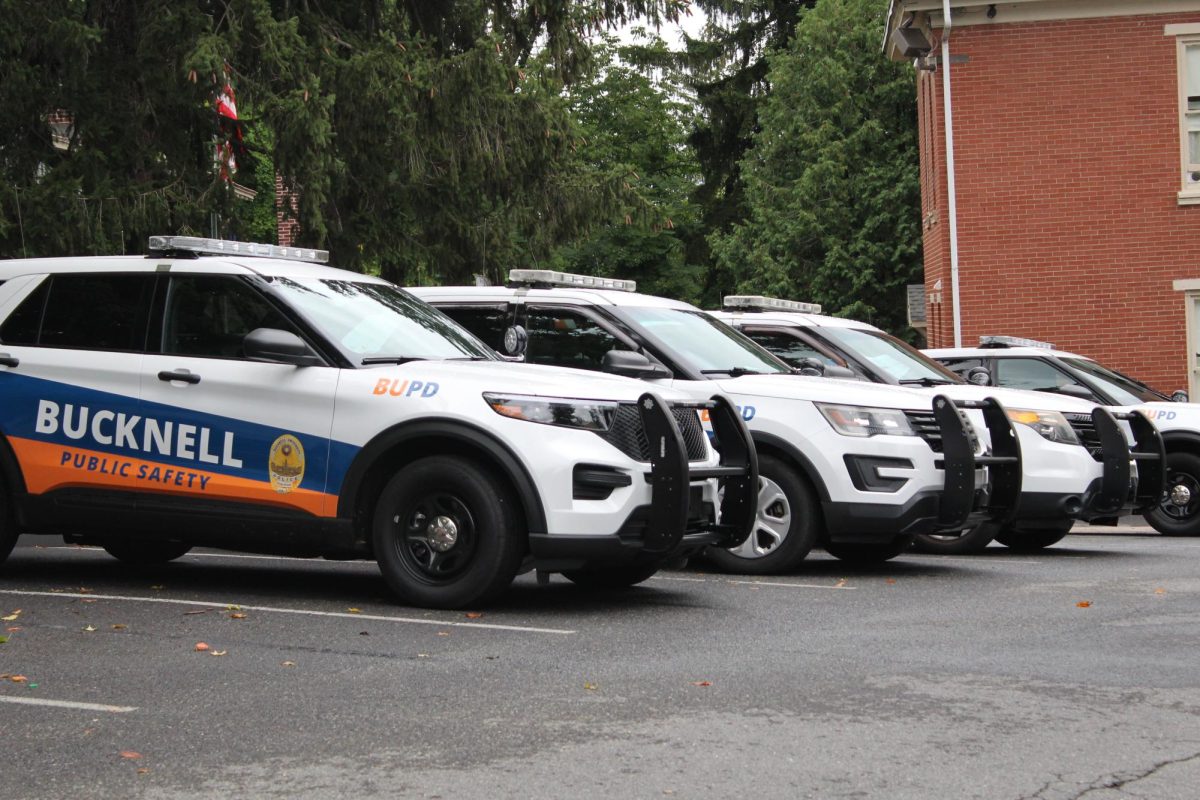













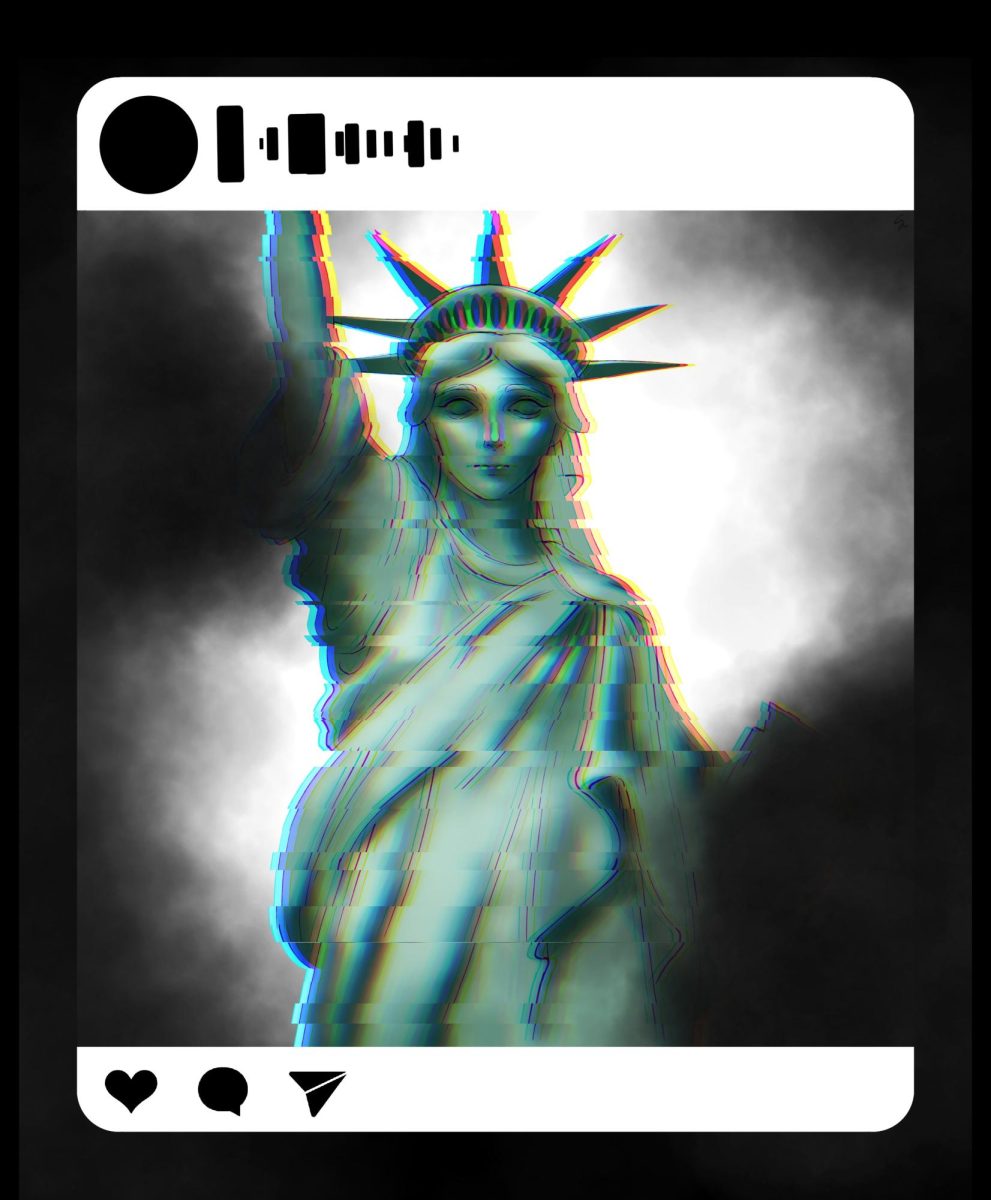
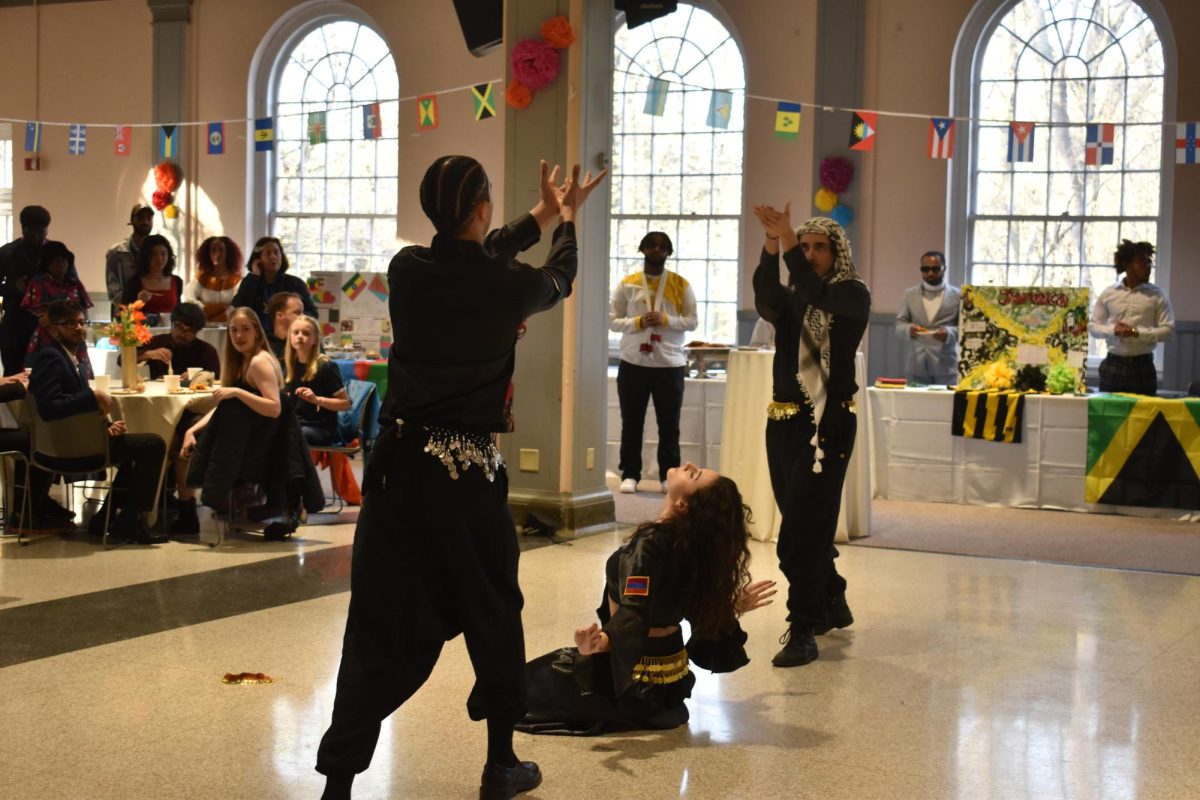



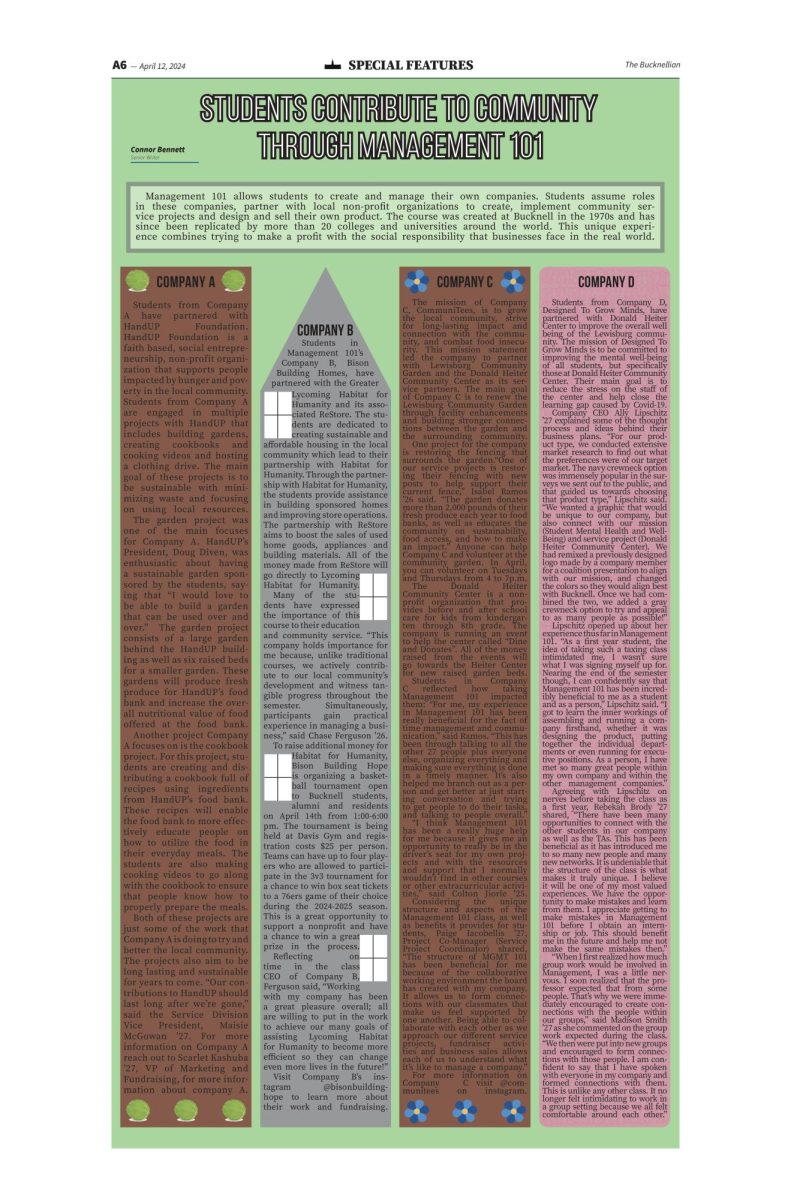




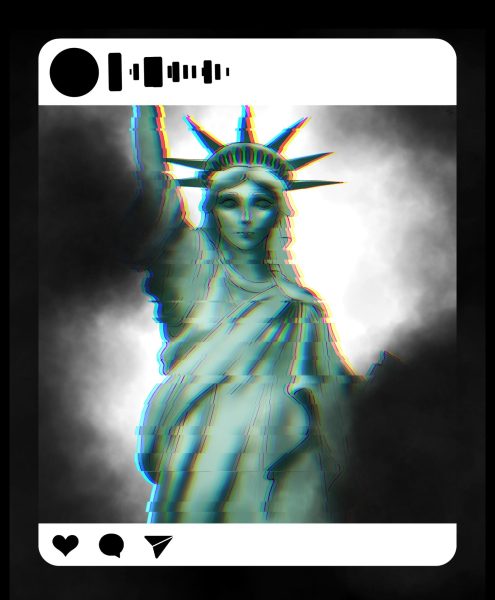
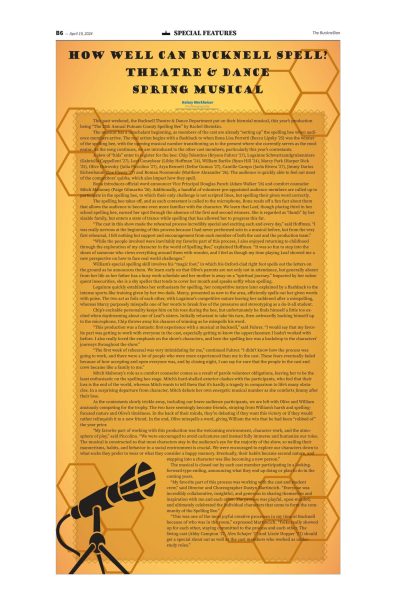
Claude-Émilie • Feb 26, 2018 at 1:18 pm
I agrre with you, Lynn. Ce n’est pas en ignorant le passé ou en interdisant le débat qu’on l’efface.